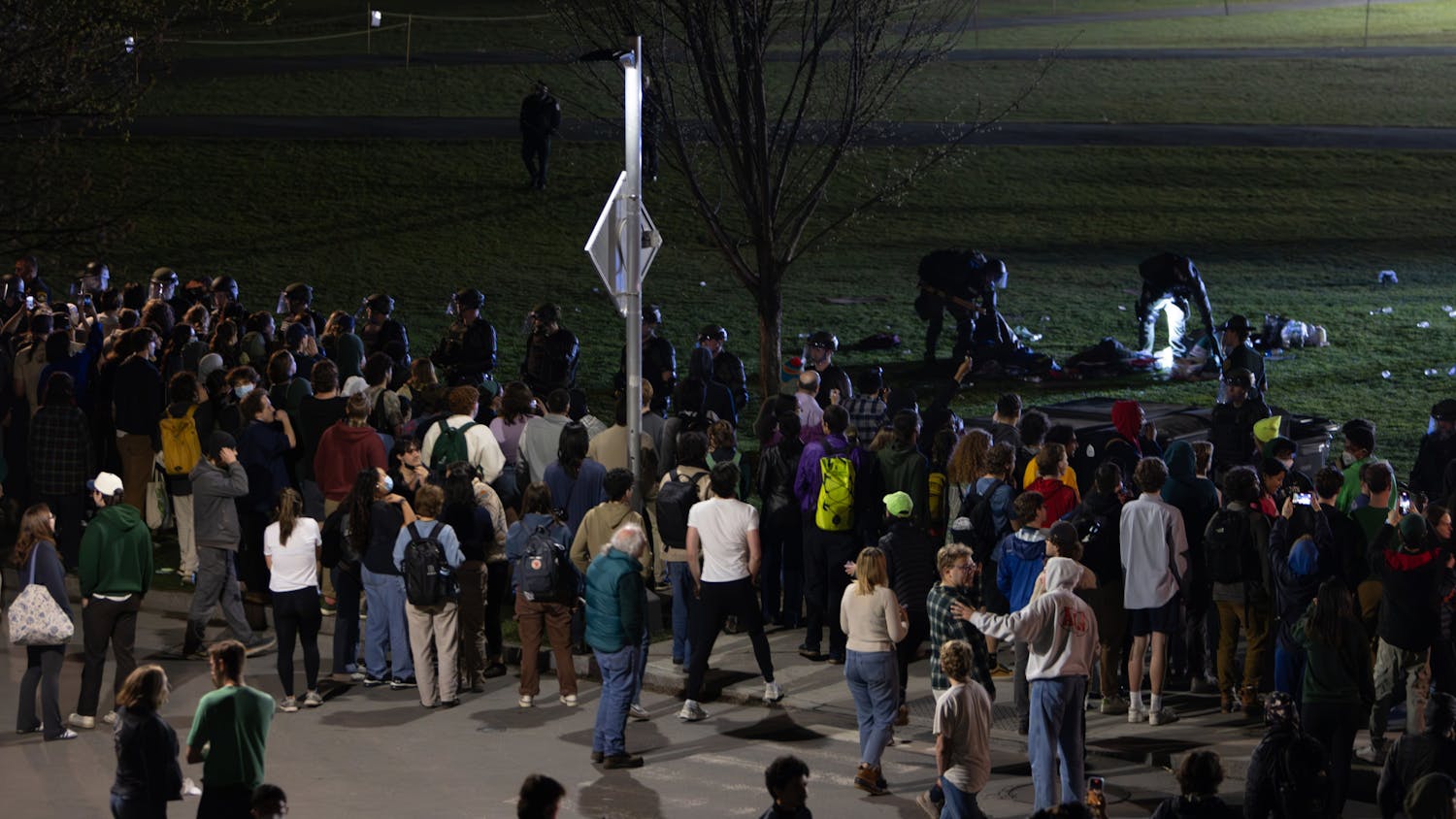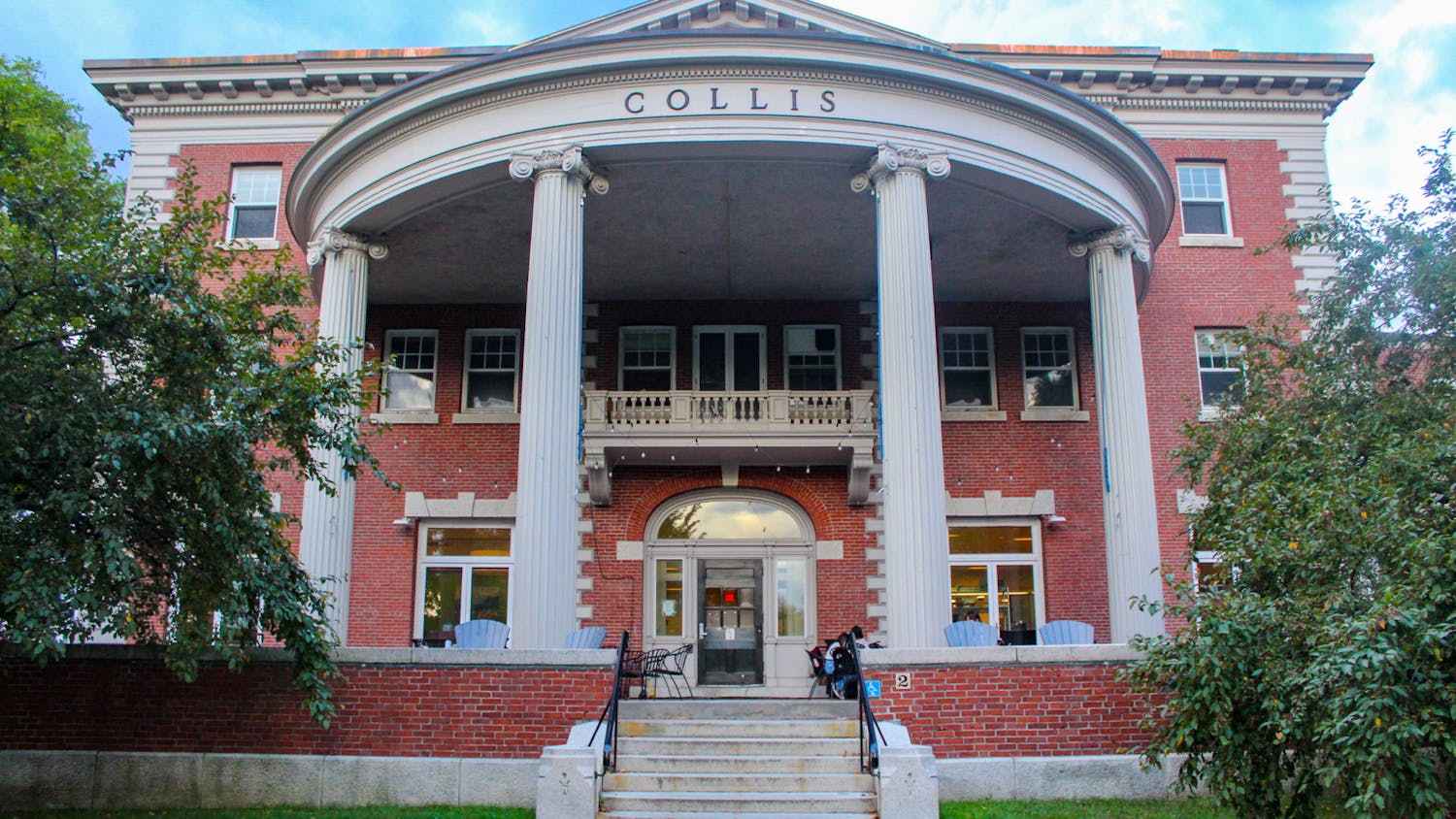I applied to Dartmouth as a government major, well aware that I would probably change my mind several times before I received a response from the College. Between the time that I submitted my application and when I arrived for freshman fall, one program of study was constantly in the back of my mind: the pre-medicine track. I knew organic chemistry sounded like hell and that I probably would not have room for a government major, but four out of the top five of U.S. News and World Report's 100 Best Jobs are in the medical field. I registered for courses, feeling prepared and even excited to give pre-med a go.
After two rounds of course registration, during which I had to forfeit English and government for math and chemistry courses, I decided that being pre-med was not for me. And after another term of watching my friends still struggling with pre-med, I question the purpose of such stringent requirements in the first place.
During orientation week, I learned that the pre-med track would take 14 courses out of the typical 36 that a Dartmouth student takes. The majority of these courses require a lab, which adds three to four hours a week per class, not counting pre-labs and post-labs. As I had been made aware of countless times by upperclassmen, pre-med is truly taxing. This cannot be overemphasized.
There is nothing wrong with a rigorous course load. In fact, most students choose Dartmouth over other schools for the challenge it offers and the rewards that result. On the other hand, I would argue that the pre-med course load is needlessly rigorous and often ends up weeding out students who would become excellent doctors.
To be fair, medical schools must have some metric to measure applicants' academic seriousness and grasp of some essential science, but the full pre-med agenda is excessive. The humanities and medicine program at Mount Sinai Medical School in New York reflects this philosophy and has experimented with ditching the traditional pre-med program. Humanities majors apply to the program in the middle of their college careers and are admitted based on their grades, SAT scores, personal essays and interviews.
While Mount Sinai allows students to forgo the stress of pre-med classes, the program itself has a competitive admissions process. As students grow more discontented with the pre-med route, Mount Sinai has received a growing number of applications. The findings of a recent study in the Journal of the Association of American Medical Colleges, which found that "students without the traditional premedical preparation performed at a level equivalent to their premedical classmates" in medical school, could explain this increase in applicants. These conclusions suggest that spending exorbitant amounts of time on pre-med classes does not automatically translate to a successful medical school experience.
This Mount Sinai program could be the answer to eager doctors-to-be who are scared away by the threat of 14 pre-med classes. Unfortunately, though while other medical schools are moving in Mount Sinai's direction, it remains the lone example of this unique attitude on medical school preparation. This means that still only around 35 students a year benefit from its flexible and ingenious approach to the pre-medicine program.
Hopefully, more medical schools will be willing to make this shift in coming years. While college students everywhere would benefit from more widespread change, Dartmouth students especially have the resources available to them to get the most out of a reduction in pre-med requirements. Because Dartmouth is a liberal arts college, less courses spent on pre-med means more courses spent in one of the core tenets of our school: the exploration of new subjects.
Similarly, the D-Plan is ideal for students who can figure out how to maximize the free space in their schedules. Just three dropped pre-med courses could mean a term in Buenos Aires or St. Petersburg, which is nearly impossible under the current pre-med regime. Most importantly though, a shift away from the traditional pre-med rigors would help halt the current trend that turns passionate students away from a fascinating and critical career path.



